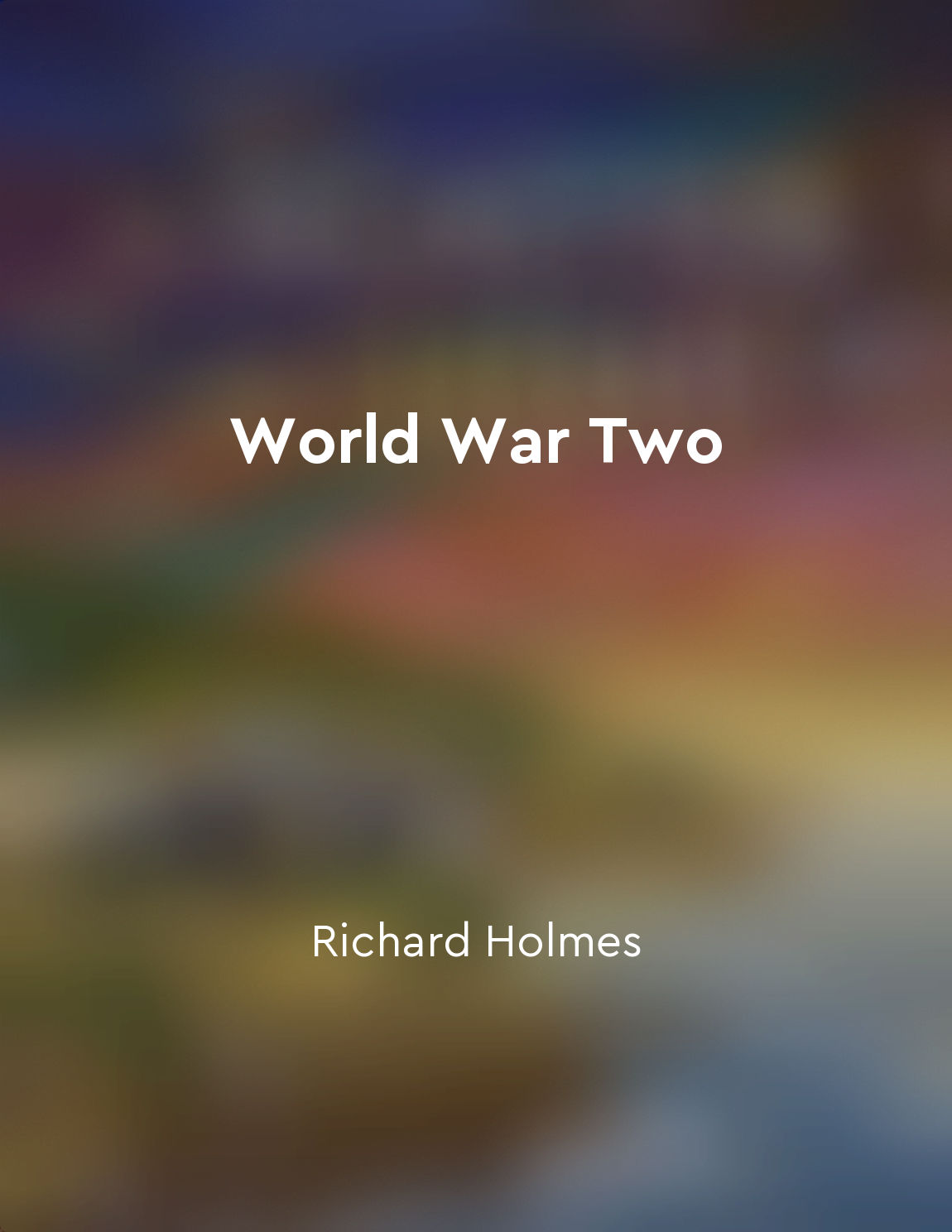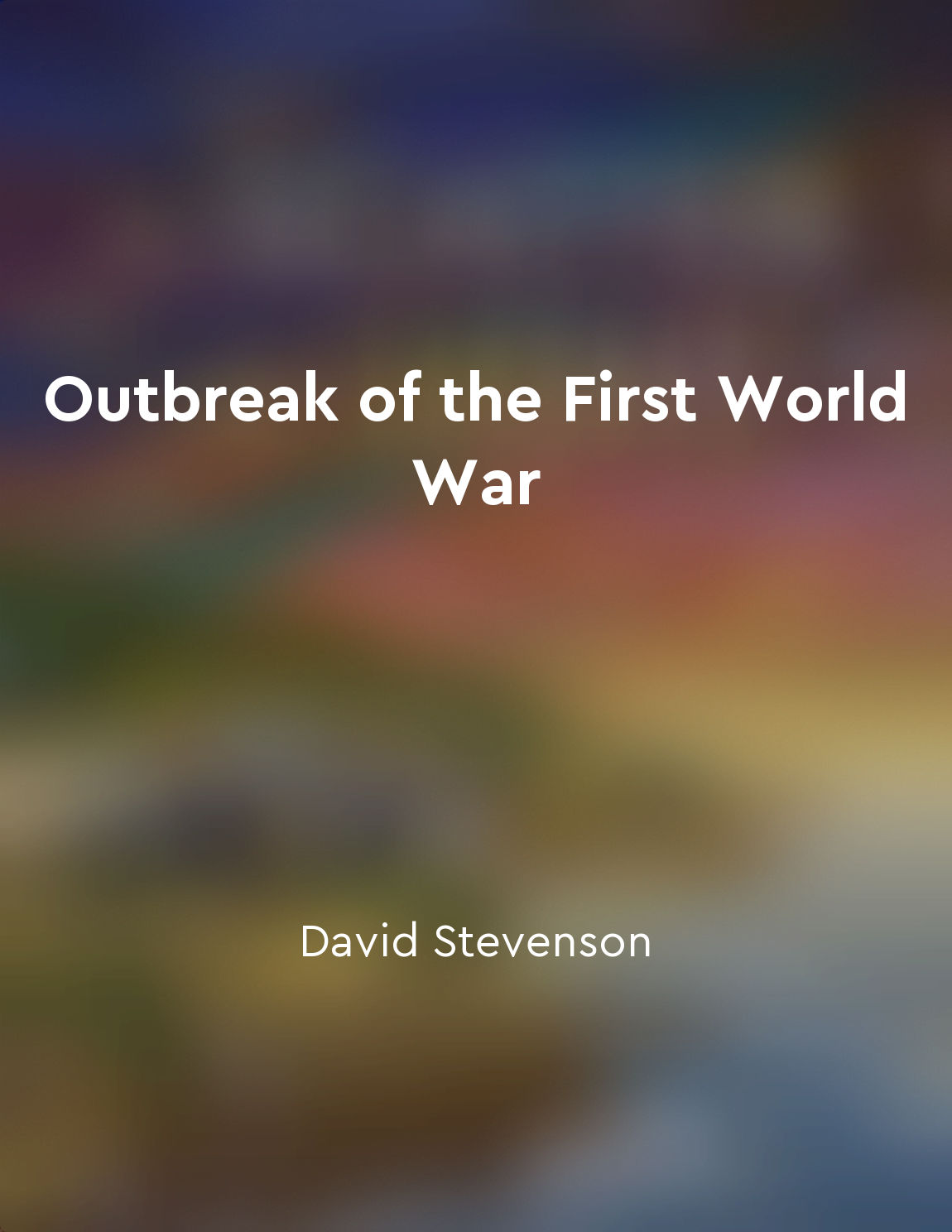The assassination of Archduke Franz Ferdinand of Austria was a catalyst for war from "summary" of The Guns of August by Barbara W. Tuchman
The shot that killed Archduke Franz Ferdinand of Austria was like a match that ignited a powder keg in Europe. The assassination set off a chain reaction of events that ultimately led to the outbreak of World War I. The assassination itself was not enough to cause a war, but it acted as a catalyst that brought to the surface the underlying tensions and rivalries between the great powers of Europe. In the aftermath of the assassination, a complex web of alliances and ententes came into play. The Triple Alliance and the Triple Entente were like a tangled web that drew in one nation after another. Each country felt compelled to honor its commitments and defend its allies, leading to a domino effect of declarations of war. The assassination of Archduke Franz Ferdinand was a convenient excuse for nations to pursue their own agendas. It provided a pretext for countries to settle old scores and pursue their own interests under the guise of defending their allies. The assassination allowed leaders to tap into nationalist sentiments and rally their populations behind the cause of war. The assassination of the Archduke also revealed the fragile nature of diplomacy in Europe at the time. The lack of communication and understanding between nations made it difficult to resolve disputes through peaceful means. The assassination exposed the flaws in the system of alliances and the inability of leaders to control the situation and prevent war.- But it was a critical turning point that set the stage for the conflict to unfold. It highlighted the underlying tensions and rivalries that existed between the great powers of Europe and laid bare the weaknesses in the diplomatic system. Ultimately, the assassination acted as a catalyst that brought the continent to the brink of war and set off a chain of events that would shape the course of history for years to come.
Similar Posts

Military strategies evolved
As World War Two progressed, military strategies evolved in response to the changing nature of warfare. The initial tactics tha...

Battles on multiple fronts
The concept of battles on multiple fronts was a defining feature of the First World War. Unlike previous conflicts, which had o...
Alliances draw major powers into escalating tensions
The building of alliances among major powers prior to World War I played a significant role in drawing these countries into esc...
The League of Nations was established as a means of preventing future conflicts
The League of Nations was the child of President Wilson's dream. It was the child he sought to make the peacekeeper and the wor...
Nationalism played a significant role in the conflict
Nationalism was a powerful force that fueled the conflict during World War I. The intense pride and loyalty to one's own nation...

